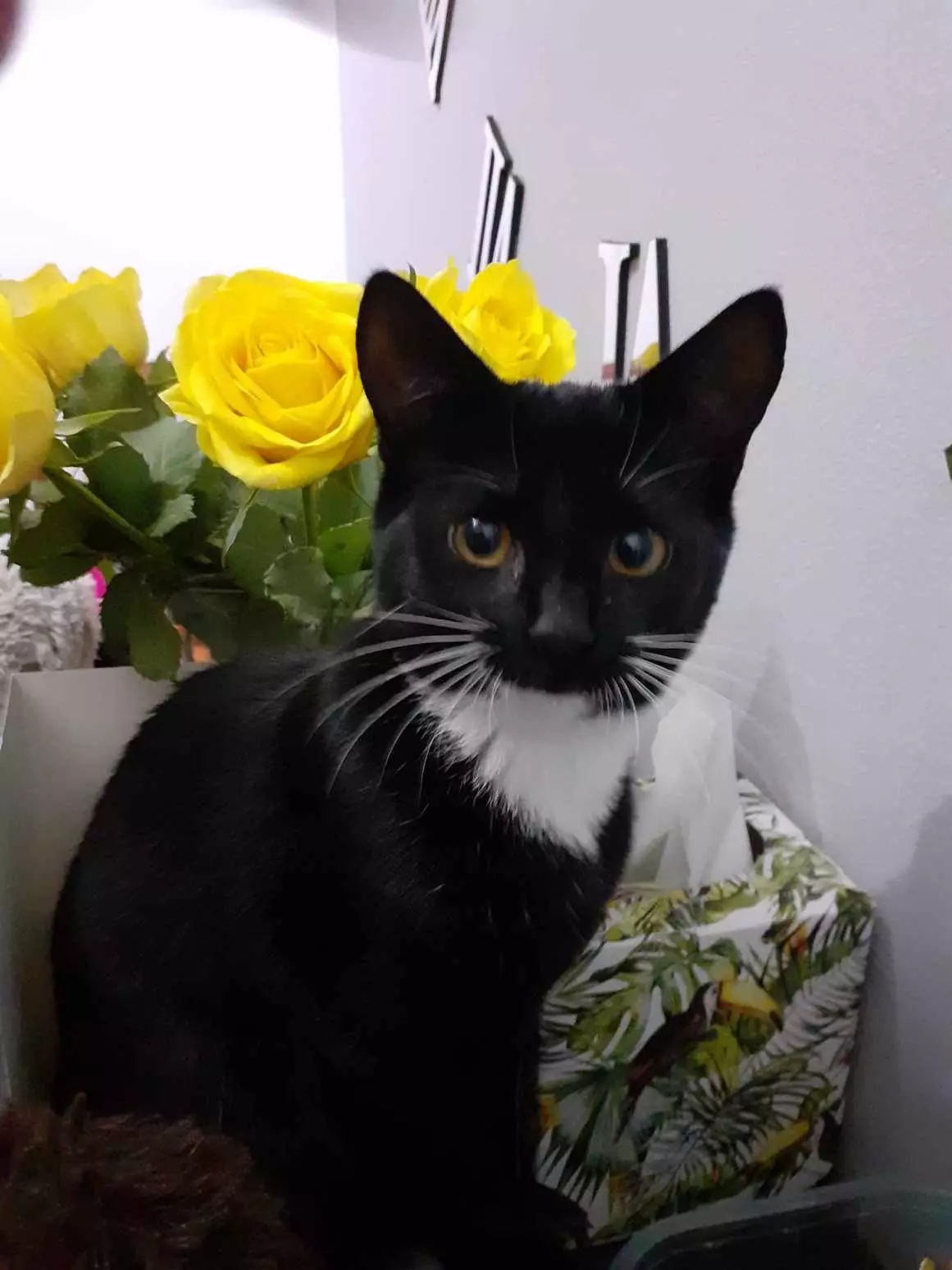As the world transitions into autumn, owners of feline companions face the sobering reminder that darker nights can present significant risks for outdoor cats. With the clock change, the PDSA (People’s Dispensary for Sick Animals) is emphasizing the urgent need for pet owners to recognize and mitigate these dangers.
Each year, as twilight descends earlier, cats become increasingly vulnerable to road accidents. PDSA Vet Nurse Nina Downing highlights that an alarming number of cats — around 2,400 annually — suffer injuries related to road traffic accidents. This statistic underscores the substantial risk that darker evenings pose. Not only are these injuries emotionally devastating for pet owners, but the financial burden can also be alarming, with costs ranging from £2,000 for cats to upwards of £2,800 for dogs.
Nina notes that autumn is particularly perilous for our feline friends, demanding proactive measures to ensure their safety. Cats, by nature, are curious creatures and the instinct to roam cannot simply be curtailed without consequences. Hence, striking a balance between allowing outdoor freedom and ensuring safety is crucial.
PDSA offers several actionable tips to help reduce the risk of accidents amidst the encroaching darkness. Keeping your feline indoors after dusk can help shield them from potential hazards. By establishing a routine that includes feeding them as daylight fades, owners can encourage cats to return home before nightfall. This simple adjustment can go a long way in protecting young adventurers.
Another practical suggestion is fitting your cat with a reflective collar. This minor addition can significantly enhance their visibility during low-light conditions. However, care should be taken to choose break-away collars, which are designed to ensure that cats are not caught or harmed while exploring.
For those living in densely populated or high-traffic areas, creating a secure outdoor environment is advisable. Options include specialized fencing or cat-proof enclosures that allow for safe outdoor enjoyment while sidestepping road-related dangers.
Additionally, pet insurance is a sound investment. In the event of an accident, the financial support provided by insurance can alleviate the burden of unexpected veterinary costs, allowing the owner to focus on their pet’s recovery.
Finally, microchipping remains one of the most effective measures not only as a safety precaution, but from June 2024, it will be mandated by law. A microchip boosts the likelihood of being reunited with a lost cat and can offer clarity in the event of an accident.
One significant narrative highlighting these dangers is that of Charlie, a young cat that suffered debilitating injuries from a suspected road accident. His owner, Conway, a refrigeration engineer, reflects on the heartbreaking experience. After only a short time together, the incident shook their family to the core, illustrating the depth of the bond between pets and their owners.
“Charlie isn’t just a pet; he’s part of our family,” Conway remarked, especially noting the close friendship between Charlie and his daughter, Emily. Their connection had provided invaluable emotional support for Emily, emphasizing the psychological as well as physical importance of pet companionship.
When Charlie’s treatment totaled nearly £850, it compounded an already challenging time for Conway, who was navigating a difficult job market. The PDSA stepped in to provide the necessary veterinary care when it mattered most, highlighting its pivotal role in the lives of pet owners in crisis.
Despite financial strains, Conway and Emily thought of ways to express their gratitude, illustrating not only their appreciation but the community ties fostered by organizations like PDSA.
For over a century, PDSA has been instrumental in maintaining the precious bond between owners and their beloved pets. As one of the leading organizations in veterinary care for low-income households, they offer crucial services that go beyond treatment. Their objective remains clear: to deliver crucial medical intervention to pets in need while alleviating the anxieties of their owners.
Through initiatives like PDSA Pet Insurance, which provides coverage for accidents and illnesses, the organization ensures the continuation of its life-saving work. Each policy sold contributes to PDSA’s mission, reinforcing community support for both pets and pets’ families.
As daylight diminishes, it’s vital for cat owners to remain vigilant. Understanding the risks, employing proactive strategies, and leveraging resources like PDSA can enhance the well-being of our feline friends, forging a safer environment for them to thrive, even when the sun sets early.
